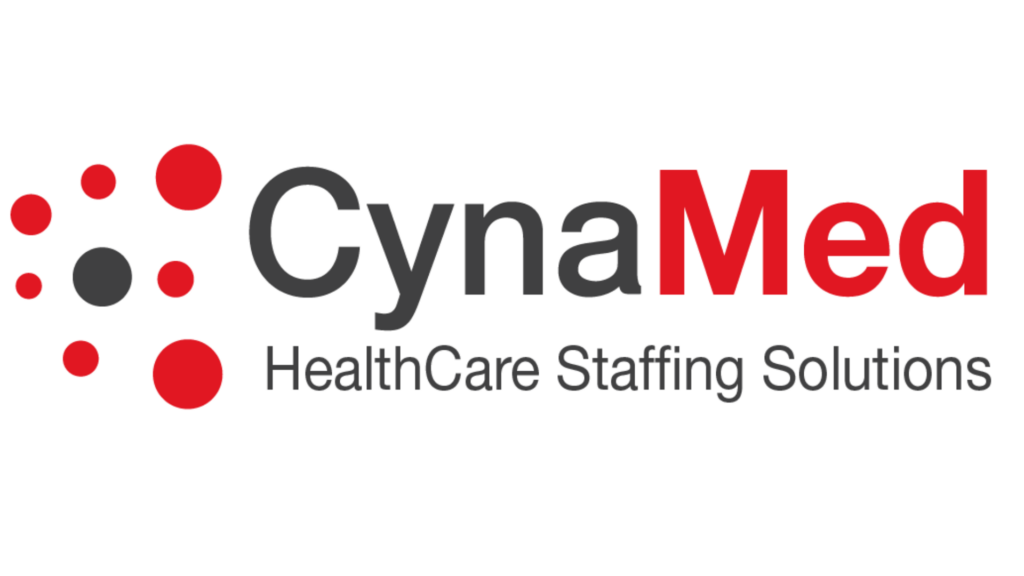An LPN, also known as a licensed practical nurse, has many duties in a nursing home. It can be a deeply rewarding and challenging role. Nursing is a well-respected field that is continuing to grow and evolve with the times. Before committing to this particular career path, it is important to know what will be expected of you every day.
Here are some of the expected LPN duties in a nursing home.
LPN Jobs Near Me: What To Expect
Before searching “LPN jobs near me,” it’s helpful to understand exactly what a licensed practical nurse does. Each day is usually demanding and fast-paced, but can also feel exciting.
The Start of a Shift
As an LPN, you’ll likely work anywhere from 8 to 12 hours at a time. There will be day and overnight shifts available.
You will begin by checking all charts and doctors’ reports to have an understanding of the patients you are caring for. From there, an LPN will check on each patient individually. You will ask them how they’re feeling and assist them with whatever they may need that day.
You will report to an RN or attending physician. They will give you a fuller picture for the rest of the day.
Assisting Patients
While there are certain protocols and consistencies as an LPN, you can never predict how a day will unfold. Being fully available and accepting unexpected challenges is necessary as a licensed practical nurse. Thriving within pressure and chaos is a big part of the job.
Depending on a particular patient’s needs, you may be bathing, changing, or medicating them. If a patient is unable to feed themselves, you will assist. Being able to show up with patience and compassion while doing these tasks is expected. If you are unable to do these tasks with a positive attitude each day, being an LPN might not work for you long-term.
Helping With Medical Issues
Aside from assisting with daily care, an LPN will need to help with a wide variety of medical tasks such as:
- Inserting or removing a catheter
- Administering an IV if necessary
- Dressing a wound
- Collecting lab samples
- Conducting physical exams
- Drawing blood
- Checking a patient’s vital signs
- Giving shots or insulin as needed
- Checking up on patients throughout the day after procedures
After doing any of these tasks, a nurse will report any necessary issues or findings to their superior (an RN or physician). An LPN must always be attentive to a patient’s health and keep proper records of any and all changes.
The End of a Shift
Being organized and timely is very important for an LPN. Doing so will be a big help to whoever is relieving you at the end of a shift. Before leaving, you must make sure all patient reports are up to date and explain any updates to the next LPN.
Caring properly for a patient is the number one priority of any nurse. This means offering kind, compassionate services as well as accurate paperwork. No matter how helpful you aim to be, you may be doing great harm if your paperwork is incomplete.
At the end of a long shift, it is normal for an LPN to be physically and emotionally exhausted. However, the reward of being of service to those in need is an invaluable experience.
Find LPN Jobs With CynaMed
Are you hoping to find LPN jobs in your area? CynaMed is here to help you in your search. We list part-time, full-time, temporary, and permanent job listings to make it easier for health professionals to find employment. Visit our website and apply today.






